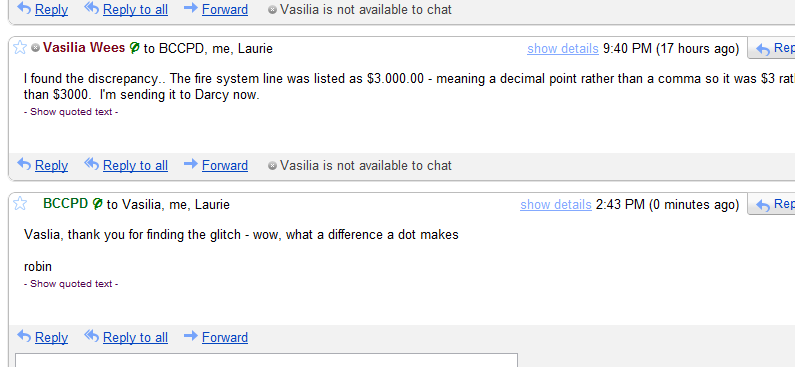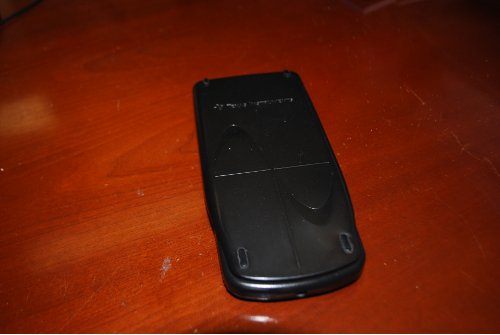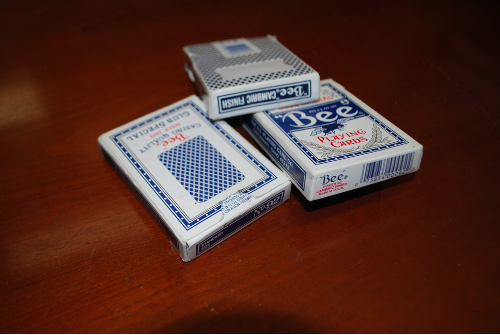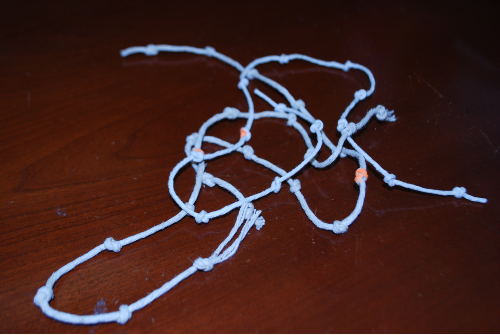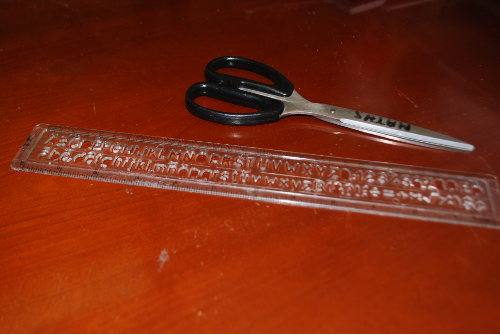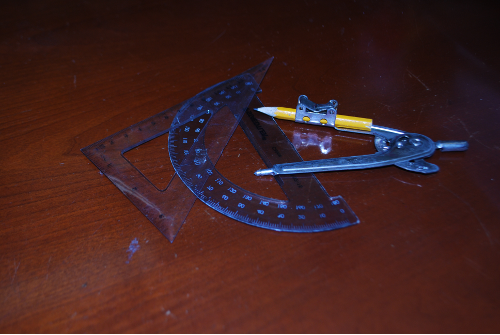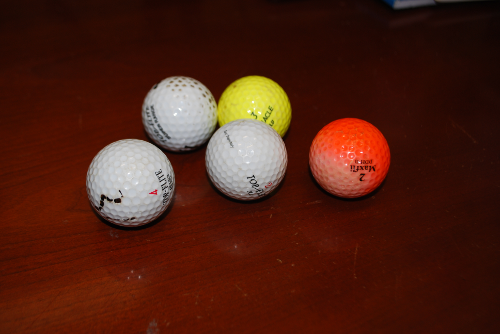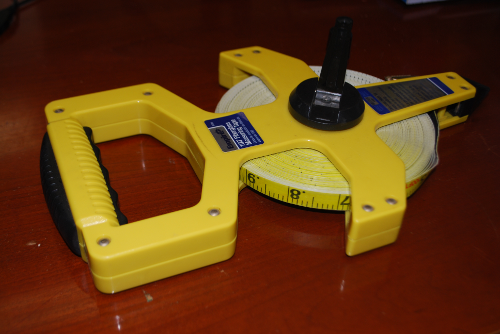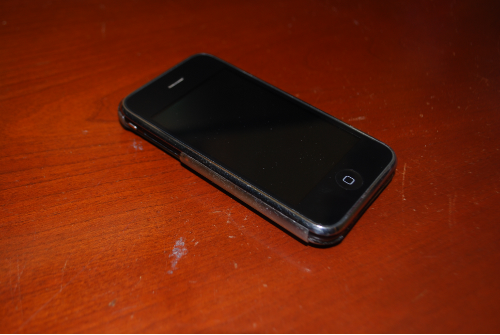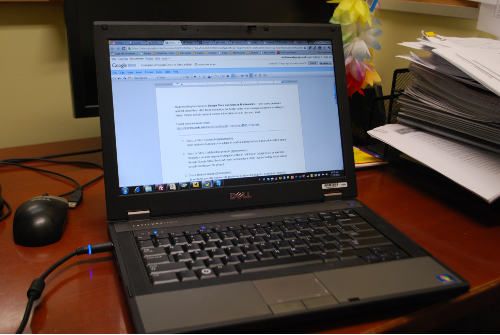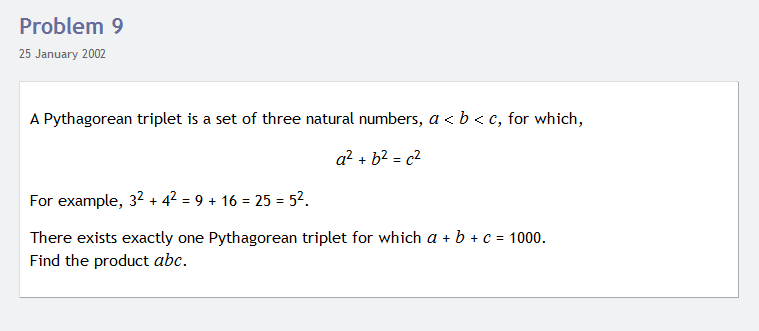My son has started to learn how to ski. He tried last year, and failed miserably, in fact he gave up in the first five minutes of the lesson, which ended up being a pretty expensive day for a 5 minute skiing lesson. It wasn’t his fault the lesson failed, he wasn’t ready for it. He was probably too young, and had strong expectations about what he should be able to do when we started skiing.
We had been to Science World in Vancouver, where they have a simulator that lets you pretend to be a professional skiier. You can race down alpine slopes at frightening speeds, but whenever you crash, the simulation resets and pushes you into the right direction. The problem with the simulation is that my son tried it, and at his age, that’s what he thought his first experience of skiing would be, and when he wasn’t immediately racing down the mountain, he got upset, and his lesson ended.
Now he’s a year older and we’ve tried a different tact. We bought skis and ski boots for him and put them in his play area. Periodically he’s put them both on and walked around our little livingroom. He hasn’t played the simulation at Science World in a long time, and so his expectations are different. We’ve talked about the need to practice to get good at something, and he’s learned a lot of patience. We set up a private lesson for him, instead of the group lesson which failed so badly last year.
He’s learning through what I would call guided inquiry. If we had just put the skiis on him and set him loose, he wouldn’t learn very much about skiing because there are some subtle things which are not obvious, like how to stop or turn. On the other hand, we can’t tell him everything about how to ski, he has to learn through practice and trying it out for himself. His private instructor, a friend of ours, guides him instead of instructing him. He doesn’t go through an experience with the other ski instructors in the big group which I liken to the factory model of education, instead his instructor spends most of the time skiing backward and asking Thanasis to "come here" without telling him too much about how to do it. Periodically she would give him pieces of advice and feedback, but by and large he figured it out himself.
More of our education system should be like this. Guided inquiry as opposed to factory instruction.
